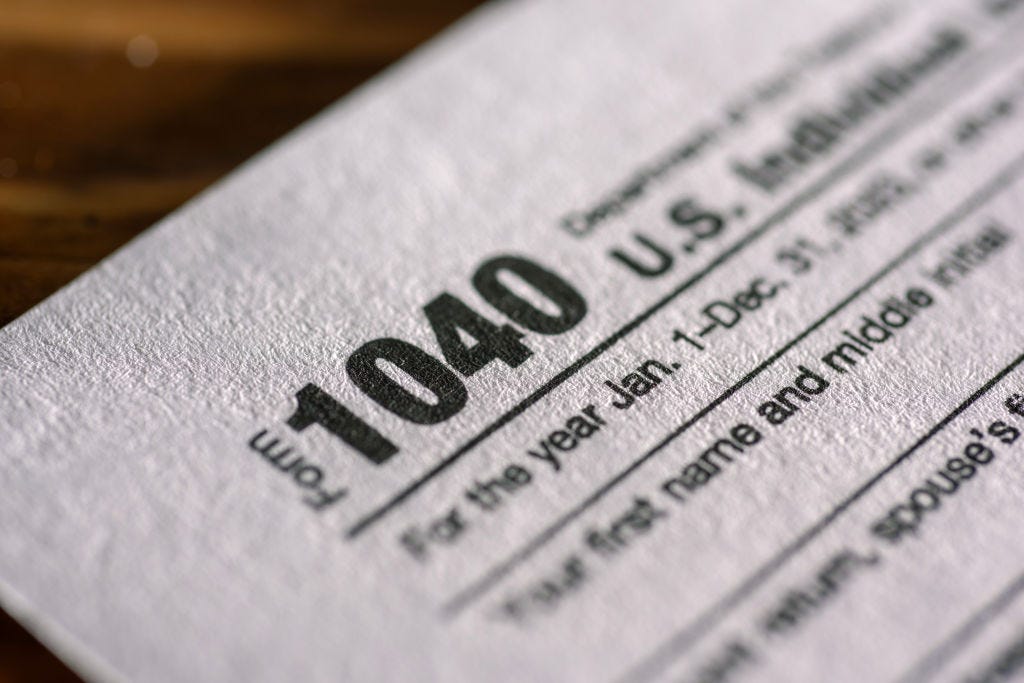Been caught stealing
Tax day is here again. What exactly are we paying for?
Apologies if you’re in the thick of it right now, but do you ever think about why you hate paying taxes?
For many, the problem may be a lack of fairness. And it wasn’t so long ago that there was at least serious talk of imposing a billionaire tax, getting the wealthy to pay their fair share, and ensuring the stuff people need is paid for by making America’s tax structure just a little bit more progressive. It wasn’t all that farfetched, even — it amounted to a return to the relatively fair late 1970s, before trickle-down economics freed the wealthy from most of their tax burden.
Now it’s a different conversation. Donald Trump dreams of returning the country to the hard inequities of the late 19th century: making the 2017 tax cuts permanent, and possibly even abandoning income tax in favor of across-the-board tariffs and abolishing the Internal Revenue Service entirely. “Fair” in the sense that, on paper, nobody would be shelling out to support the government.
And, sure, that might seem attractive. At best, Americans see it as a necessary evil, at worst as oppression. That’s sort of an article of civic faith. Promising not to raise taxes has typically been a winning strategy for elections — “Read my lips: no new taxes” and all that.
So how did that become an article of faith? Things need to be paid for, after all.




